

— Blogs —
—Products—
 Consumer hotline +8618073152920
Consumer hotline +8618073152920 WhatsApp:+8615367865107
Address:Room 102, District D, Houhu Industrial Park, Yuelu District, Changsha City, Hunan Province, China
Product knowledge
Time:2025-09-25 11:12:13 Popularity:458
The world is changing, and so is farming. As we navigate the complexities of a growing global population and an unpredictable climate, the traditional ways of agriculture are evolving. The key to this transformation? The powerful combination of AI and smart agricultural sensors. This isn’t just a technological fad; it's a strategic necessity for creating a more resilient and efficient food system.
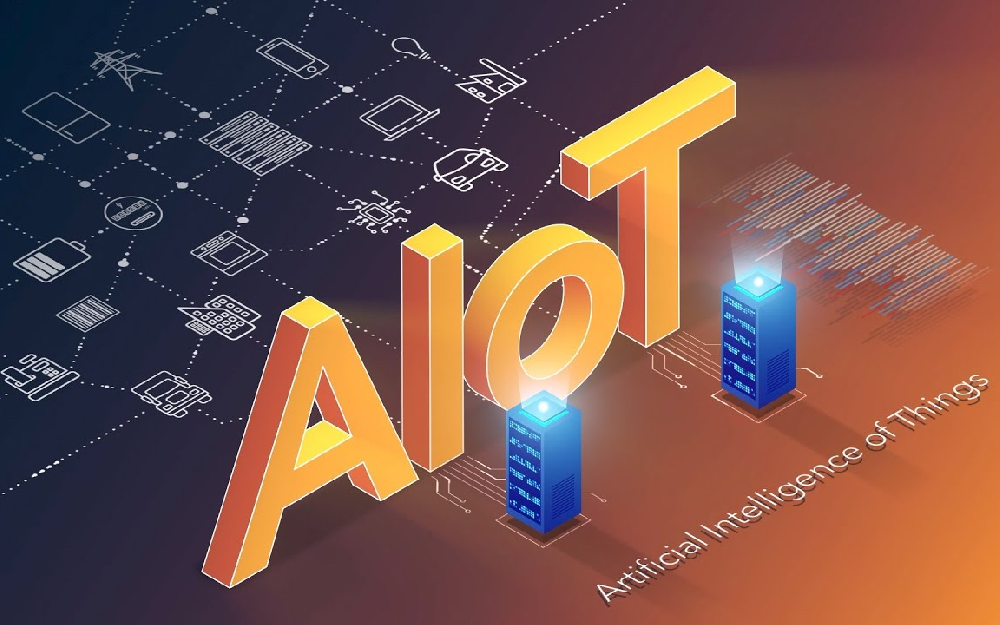
Today’s farms are becoming living laboratories, humming with a network of intelligent devices.Tiny sensors, embedded in the soil and integrated into irrigation systems and equipment, are constantly collecting a flood of real-time data. They measure everything from soil moisture and nutrient levels to a plant’s subtle signs of stress. AI algorithms act as the brain of this network, analyzing this massive dataset to reveal hidden patterns. This allows farmers to anticipate problems—like a coming drought or a pest infestation—before they threaten the harvest.
For instance, by using camera sensors to analyze crop health, a system can pinpoint exactly which areas need more water, optimizing irrigation and potentially boosting yields by 20-30% in areas where every drop counts. The newest systems are even more impressive, placing the AI directly on the device. This "on-device AI" allows for instant analysis and insights, which is crucial for remote farms that may not have reliable internet access.
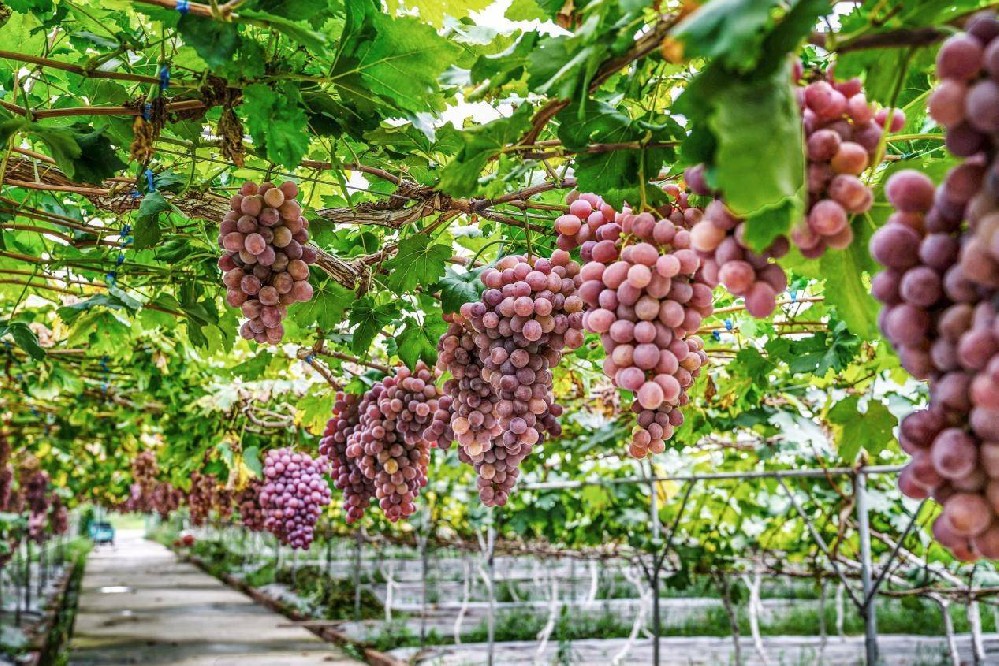
Beyond simple data analysis, machine learning is turning raw data into concrete, actionable strategies. By learning from historical and live sensor feeds, these models can accurately forecast crop growth stages and recommend precise interventions. This leads to variable-rate application, where fertilizer is applied only where it's needed, reducing waste and minimizing the environmental impact of chemical runoff. This level of precision not only lowers costs for the farmer but also promotes a healthier ecosystem.
Looking ahead, we're on the cusp of autonomous farming. Imagine AI-driven robots seamlessly integrating with sensor networks to perform tasks like precision weeding or harvesting. This isn't science fiction; it’s a sustainable path forward that maximizes efficiency while reducing the need for heavy machinery and labor-intensive processes.
While the benefits are immense, integrating AI requires thoughtful consideration. As with any technology that handles sensitive information, data privacy and cybersecurity are paramount. We must ensure that a farmer's data is protected and that these systems are secure from potential disruptions. Furthermore, bridging the digital divide is essential to ensure that small-scale and developing-region farmers aren't left behind.
Innovations like integrating blockchain with sensor data could provide a transparent, verifiable record of a product's journey from farm to table. This not only builds trust with consumers but also ensures the integrity of the data used to make crucial farming decisions.
AI and sensor technology are already making a tangible difference. In vineyards and vast grain fields, these systems are using spectral imaging to detect diseases at their earliest stages, saving entire harvests. And as biotech advances, we’ll see these systems work in tandem with gene-editing tools to cultivate climate-resilient crops.
For farmers considering this technological leap, the best advice is to start small. Begin by investing in a few AI-compatible sensors and partner with platforms that offer user-friendly dashboards. The future of agriculture isn't about replacing the farmer; it's about giving them powerful new tools to amplify their knowledge and expertise. This partnership will drive us toward a future of zero-waste, high-yield agriculture—a future that is more sustainable for all of us.
Related recommendations
Sensors & Weather Stations Catalog
Agriculture Sensors and Weather Stations Catalog-NiuBoL.pdf
Weather Stations Catalog-NiuBoL.pdf
Related products
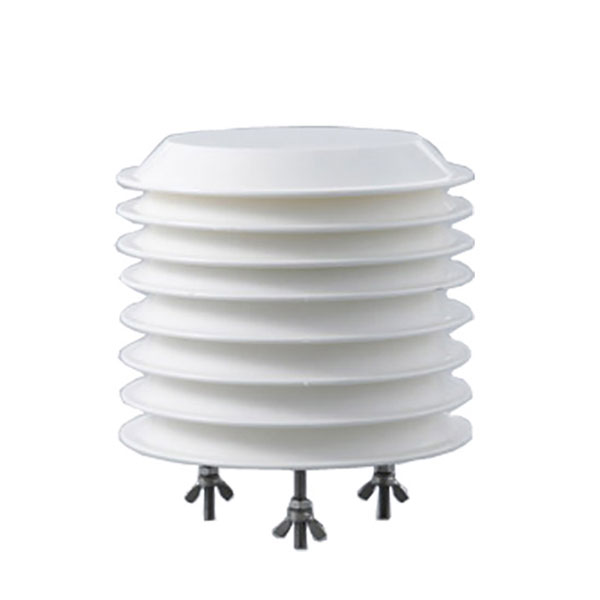 Combined air temperature and relative humidity sensor
Combined air temperature and relative humidity sensor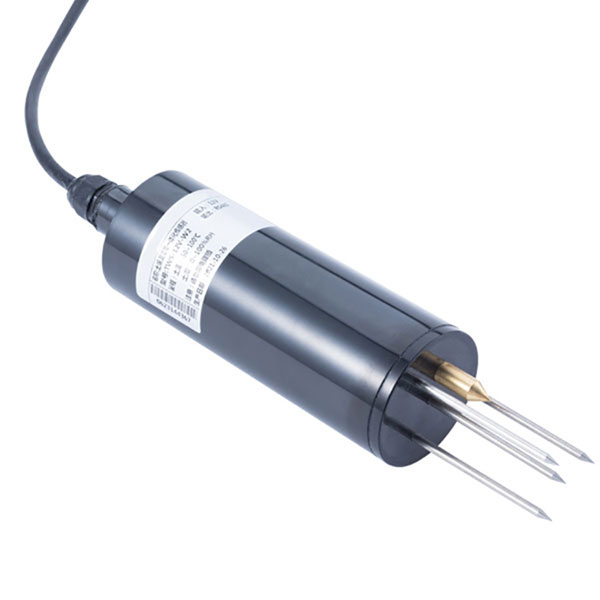 Soil Moisture Temperature sensor for irrigation
Soil Moisture Temperature sensor for irrigation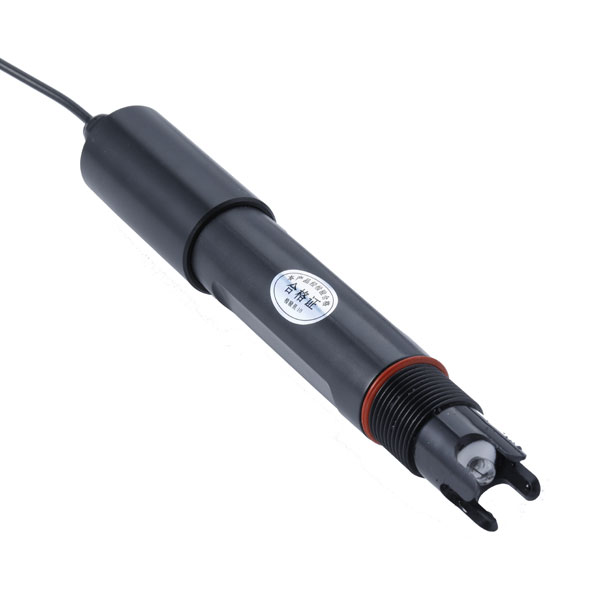 Soil pH sensor RS485 soil Testing instrument soil ph meter for agriculture
Soil pH sensor RS485 soil Testing instrument soil ph meter for agriculture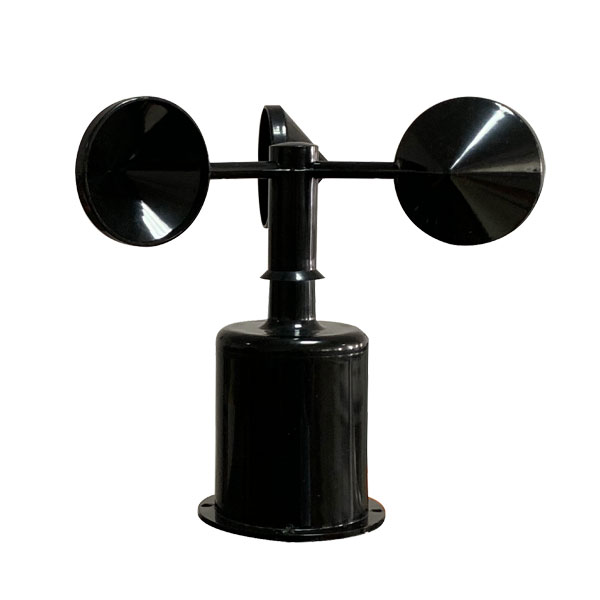 Wind Speed sensor Output Modbus/RS485/Analog/0-5V/4-20mA
Wind Speed sensor Output Modbus/RS485/Analog/0-5V/4-20mA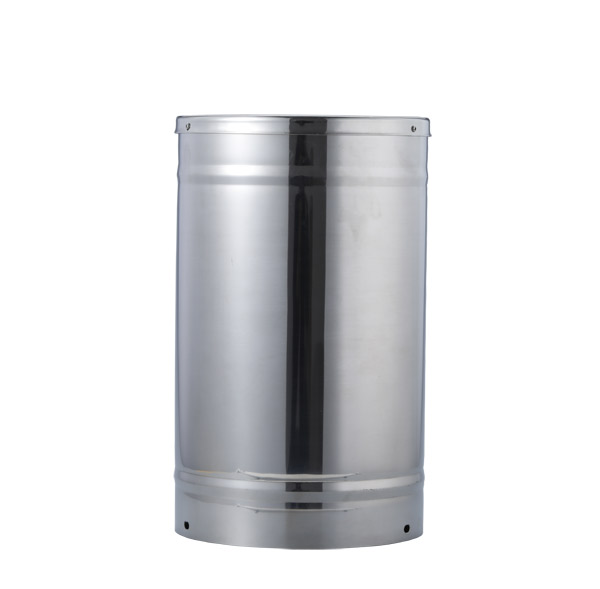 Tipping bucket rain gauge for weather monitoring auto rainfall sensor RS485/Outdoor/stainless steel
Tipping bucket rain gauge for weather monitoring auto rainfall sensor RS485/Outdoor/stainless steel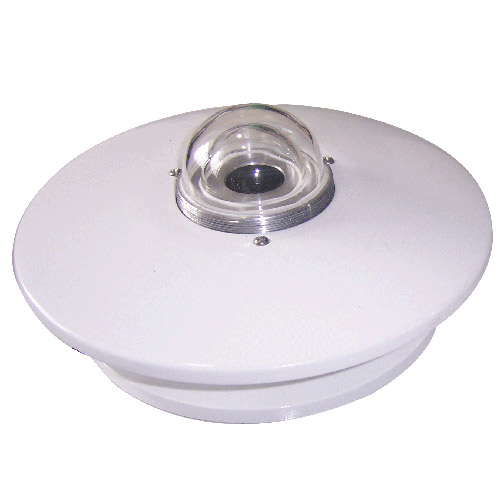 Pyranometer Solar Radiation Sensor 4-20mA/RS485
Pyranometer Solar Radiation Sensor 4-20mA/RS485
Screenshot, WhatsApp to identify the QR code
WhatsApp number:+8615367865107
(Click on WhatsApp to copy and add friends)
